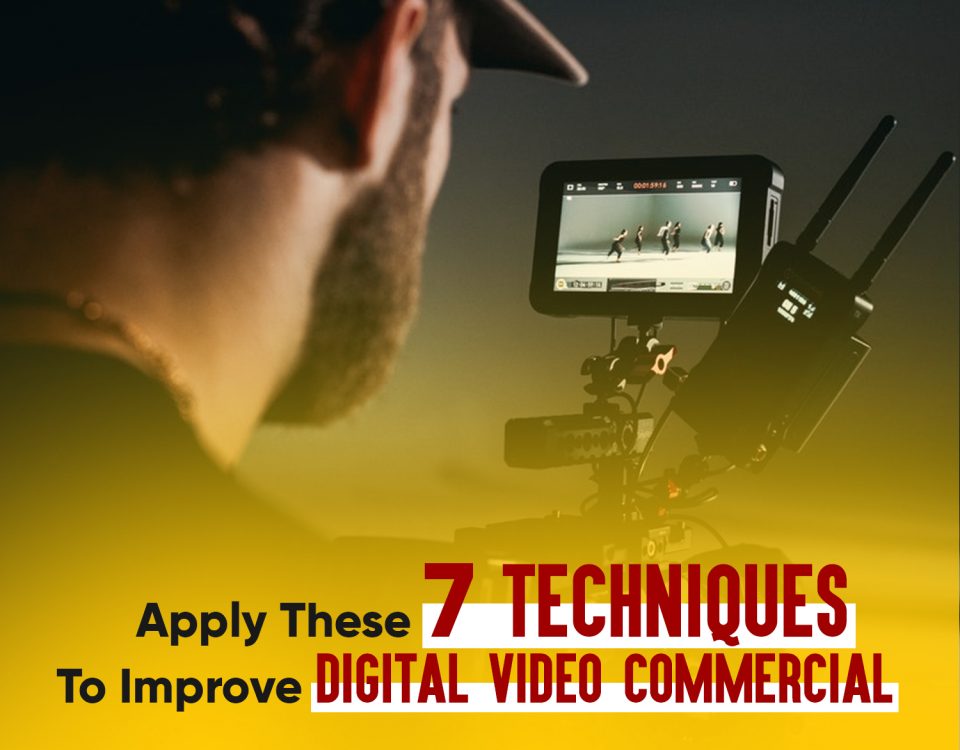
Is Television Advertising Worth [$] To You?
June 22, 2022
Get Rid Of Television Advertising Problems Once And For All
June 29, 2022The organizations pay for television advertisements to promote their product. Influencers and prominent celebrities are mostly paid to market the product and not only does the brand pay for the editors and equipment, but they also pay for the air time. The public is easily influenced by the public figures’ statements and takes them to be the truth and sells more units using them. So, producing TV commercials is highly expensive. In addition to marketing the goods, every effort is made to hide any potential flaws or inadequacies that may be present in such products. There are more lies than you think that are told in the television advertisement. We will discuss 5 lies that the television advertisement tells to expose only the shinier side of their product.
Product Perfection Doesn’t Exist
Products marketed as being flawless are never perfect. The camera on the smartphone does not live up to its hype, both in terms of specs and final product. To boost sales, they must play up the product’s positives while downplaying its drawbacks.
For example, between 80% and 90% of Pakistani bakers use butter in their products. This is why trans fats are so prevalent in our diets. The baked goodies, according to the advertisements, are so healthy for you. In reality, it has an extremely high sugar and fat content. High intake of this foodstuff has been linked to an increased risk of cardiovascular disease because to its high calorie and energy content. Advertisements for baked products, on the other hand, portray them as a universally positive experience, something to be shared and enjoyed at any and all celebratory occasions.
Inappropriate Reliance
Celebrities who take part in a sponsored advertising campaign have a responsibility to the general public to promote the marketed product in a favorable light. Many buyers buy an item without doing any research and instead relying solely on the celeb reputation, which can lead to problems and even fraud. Everything is planned out and prepared in advance.
Quantity
In most cases, the ad quantity is higher than what we have in packages. Comparable examples include commercials for Lays and Cocomo, where the advertised quantity is significantly more than the actual supply. Increased sales come at the expense of consumer happiness when using this form of marketing.
Photoshop
It’s not uncommon for editors to digitally alter images of locations, props, and even stars. Most famous people are not as slim as they appear in diet and exercise advertising. Beautiful displays of items like jewelry also help bring in more buyers. When used improperly, Photoshop can facilitate deceptive marketing. If an advertisement for a beauty product photo shopped the model’s complexion to look flawless, it’d be sending a manipulative message.
Fake Beauty Products
Only eighteen percent of claims expressed in cosmetics advertising may be trusted. Makeup is advertised as a technique to change your skin tone. But that is not the case. They are only interested in making a profit off of products that may actually be harmful to your skin. Words like “clinically proven” and “inspired by revolutionary DNA research” are common in the marketing of cosmetics. A large proportion of these statements, however, were found to be unconvincing and some were even proven to be simply false by the researchers that examined them.
For any television advertising or TVC related requirements, send us your inquiry at Phone: +92 300 9444 374 or Email: info@winninggo.com.






